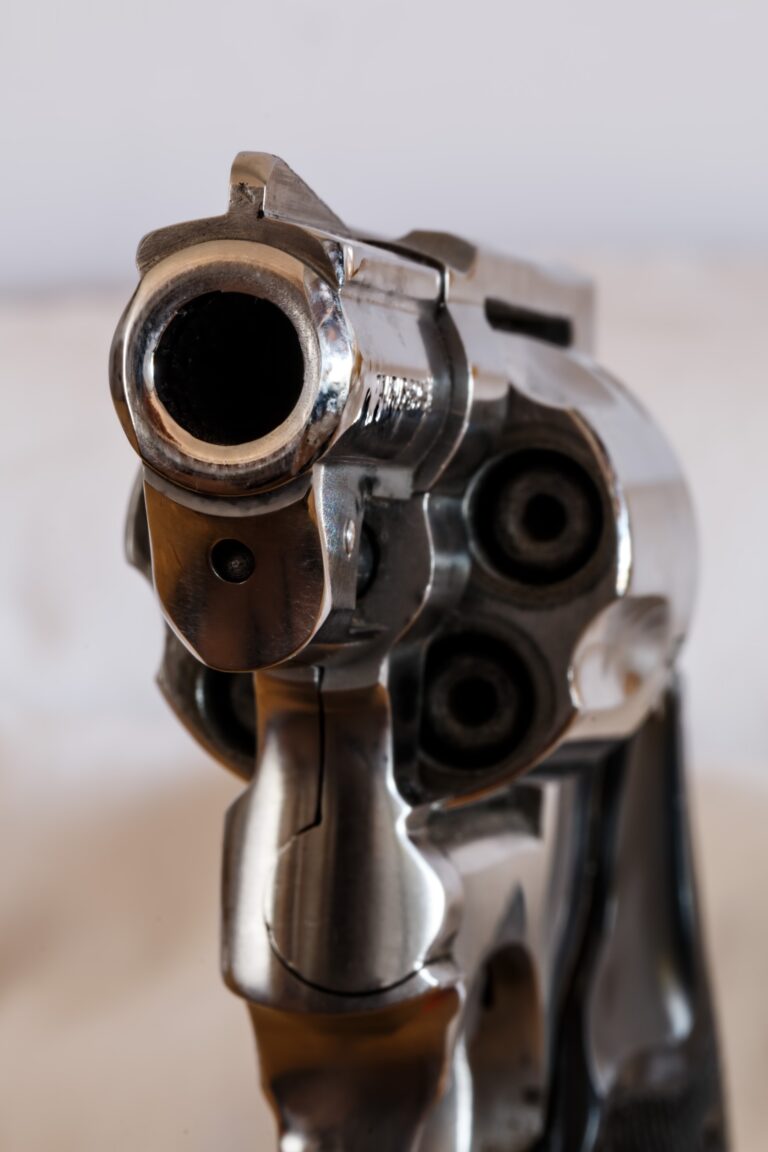What is the legality of guns and firearms in Colombia?
In Colombia, the right to bear arms is not protected by the constitution. However, private ownership of firearms is allowed, subject to strict regulations and licensing requirements. The possession, use, and trade of firearms in Colombia are regulated by the Colombian Military Industry (INDUMIL) and the National Police.
How does one obtain a firearm license in Colombia?
To obtain a firearm license in Colombia, individuals must meet several requirements, including:
- Being at least 18 years old
- Passing a background check that includes a criminal record check, mental health evaluation, and drug test
- Completing a firearms training course and passing a practical and written test
- Providing a valid reason for owning a firearm, such as self-defense, hunting, or sport shooting
Once these requirements are met, applicants must submit their documentation to the National Police, who will either approve or deny the license. Approved licenses are valid for three years and must be renewed before expiration.
What are the laws and penalties surrounding firearms in Colombia?
Colombian law imposes strict regulations on the use and possession of firearms, with penalties for non-compliance ranging from fines to imprisonment. Some of the key laws and penalties include:
- Carrying a firearm without a valid license can result in a prison sentence of up to six years
- Illegally selling or trafficking firearms can result in a prison sentence of up to 12 years
- Using a firearm to commit a crime can result in an additional prison sentence of up to 20 years
Additionally, Colombian law requires that all firearms be registered with the National Police, and gun owners must report any lost or stolen firearms immediately.
What is the public opinion on guns and firearms in Colombia?
Public opinion on guns and firearms in Colombia is divided. Some individuals believe in the right to bear arms for self-defense, particularly in rural areas where crime rates may be higher. However, others argue that stricter gun control measures are necessary to curb violence and reduce the illegal arms trade. Overall, the debate on gun control in Colombia is influenced by the country’s history of armed conflict, drug trafficking, and crime.
What types of guns can be found in Colombia?
In Colombia, various types of guns can be legally owned by civilians, including:
- Handguns
- Rifles
- Shotguns
However, fully automatic firearms, high-capacity magazines, and certain types of ammunition are prohibited for civilian use. Additionally, the Colombian Military Industry (INDUMIL) maintains a monopoly on the production, import, and export of firearms and ammunition in the country.
What are the rules regarding air rifles and airsoft guns in Colombia?
In Colombia, air rifles and airsoft guns are considered firearms and are subject to the same regulations and licensing requirements as traditional firearms. This includes obtaining a license, registering the air rifle or airsoft gun with the National Police, and adhering to restrictions on use and transportation.
According to the Small Arms Survey, there are approximately 925,000 privately-owned firearms in Colombia, equating to a rate of 2.4 firearms per 100 people. In comparison, the global average is 10.6 firearms per 100 people. Colombia’s rate of firearm-related deaths is 23.19 per 100,000 people, with the majority of these deaths resulting from intentional homicides.
How do government laws and links impact gun regulation in Colombia?
Colombian government laws and policies play a significant role in regulating the possession, use, and trade of firearms in the country. The strict licensing requirements and penalties for non-compliance aim to reduce the prevalence of illegal firearms and firearm-related crime. Additionally, the government’s efforts to combat drug trafficking and organized crime have led to increased enforcement of firearm regulations and seizures of illegal weapons.
However, despite these efforts, illegal arms trafficking remains a significant issue in Colombia, with many firearms being smuggled into the country from neighboring countries or acquired through corrupt officials. As a result, the effectiveness of government laws and policies in curbing gun violence and illegal arms trade remains a topic of debate.
